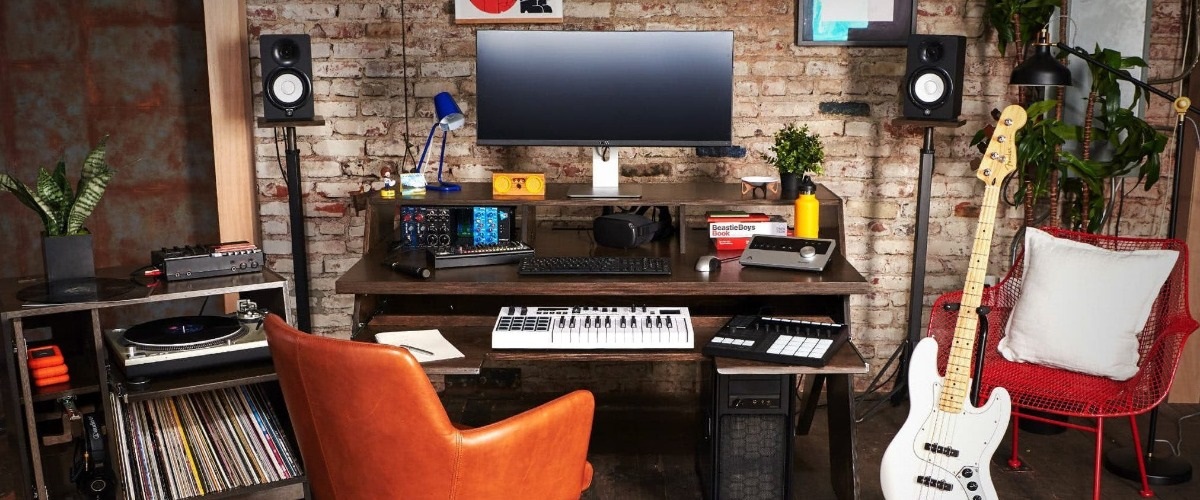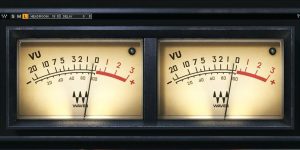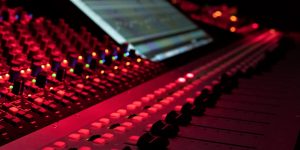There are a few reasons why people might prefer recording at home instead of going to a professional studio.
First, it can be more comfortable to record in your own space. This way, you can take breaks whenever you want and don’t worry about the time limit that studios often impose.
Second, recording at home can save you money. Studios can be quite expensive, especially if you need to use their equipment. You can save a lot by recording at home if you have your own gear.
Third, you have more control over the recording process when you do it yourself. It means you can take your time and make sure everything is perfect before releasing your music.
Overall, there are many reasons why people prefer recording at home. It can be more comfortable, save money, and give you more control over the process. So if you’re thinking about making your own music, don’t forget to consider recording at home.
Is something unique in music recorded at home?
There is something special about music recorded at home. It can be more intimate and personal than music recorded in a studio and capture the feeling of a moment in time. It can also be more experimental since the rules of a studio do not constrain you. Home recording can be a great way to create music that is truly your own.

Do famous musicians record at home?
Some of the most famous musicians in the world have recorded at home. It includes everyone from The Beatles to Bob Dylan to Taylor Swift. Recording at home can be a great way to get high-quality recordings. Of course, not every musician has the same resources or abilities, so some may find it more challenging to get good results when recording at home.
Nevertheless, many great recordings have been made in home studios, so it is possible. For example, here we can speak about “The Sound of Silence” by Simon and Garfunkel, “Here Comes the Sun” by The Beatles, and “She Loves You” by The Beatles. These are just a few examples of the many hits recorded at home.
What makes a good recording environment?
There are a few key factors that make a good recording environment. The first is acoustics. The room you record in should have good acoustic qualities, meaning it doesn’t produce too much echo or reverberation.
Another important factor is sound isolation. No one wants recordings interrupted by outside noise or vice versa. That means you need to find a space that’s relatively quiet and free from distractions.
Finally, having a good monitoring setup in your recording environment is essential. It means having speakers reproduce sound accurately, so you can hear what’s being recorded clearly and make any necessary adjustments.
We are supported by our audience. When you purchase through links on our site, we may earn an affiliate commission at no extra cost to you.
Our newsletter
* We will never send you spam or share your email with third parties









